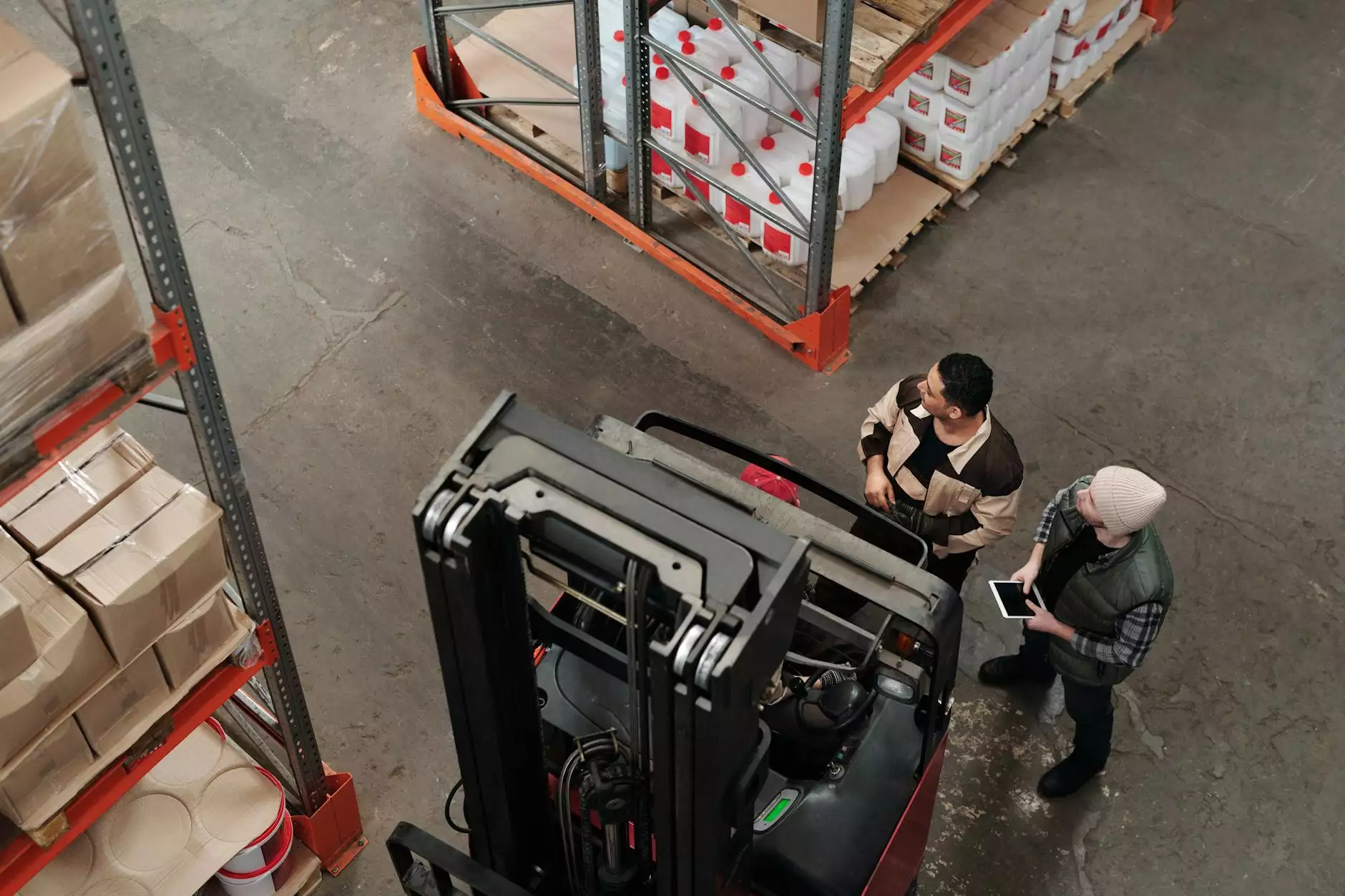The Impact of Automotive Supply Companies on the Global Market

In today's fast-paced world, the automotive supply companies sector has become a cornerstone of the global economy. These companies not only supply critical auto parts but also play a pivotal role in ensuring safety, efficiency, and environmental sustainability within the automotive industry. As vehicles evolve with technology, so too must the supply companies adapt and innovate. This article takes an in-depth look at the influence of automotive supply companies on the industry, their challenges, opportunities, and the future landscape of auto parts and supplies.
What Are Automotive Supply Companies?
Automotive supply companies are organizations that manufacture, distribute, and sell auto parts and components necessary for vehicle assembly and repair. Their offerings range from basic parts like batteries and filters to advanced electronic systems and safety components. This sector is essential for both original equipment manufacturers (OEMs) and the aftermarket industry, providing everything needed to keep vehicles running smoothly and efficiently.
The Importance of Quality Parts in the Automotive Industry
Quality parts are paramount in the automotive industry. Compromising on quality can lead to severe safety concerns, including brake failures and engine malfunctions. Here are several reasons why automotive supply companies focus on delivering high-quality products:
- Safety: Quality components ensure the safety of drivers and passengers alike, minimizing the risk of accidents.
- Performance: Premium parts enhance the overall performance of vehicles, leading to better fuel efficiency and smoother operation.
- Durability: High-quality parts tend to last longer, reducing the need for frequent replacements and ultimately saving consumers money.
- Customer Satisfaction: Reliable components lead to fewer complaints and enhance the overall customer experience, fostering brand loyalty.
Types of Automotive Supply Companies
Automotive supply companies can be broadly classified into several categories based on their functions and products. Understanding these categories helps in recognizing the complexities of the automotive supply chain:
1. Original Equipment Manufacturers (OEM)
These are manufacturers who produce parts used in the original assembly of vehicles. The relationship between OEMs and automotive supply companies is crucial, as they often work closely together to ensure compatibility and performance standards.
2. Aftermarket Suppliers
Aftermarket suppliers provide parts that are used to replace defective or worn-out components post-purchase. This sector is growing rapidly due to an increase in vehicle longevity and the rising costs associated with buying new vehicles.
3. Specialized Parts Manufacturers
Some automotive supply companies focus on specialized components, such as performance enhancement parts, eco-friendly options, or luxury upgrades. These products cater to niche markets and can significantly impact overall vehicle performance and owner satisfaction.
4. Distributors and Wholesalers
Distributors and wholesalers act as intermediaries between manufacturers and retailers. They play a vital role in inventory management and logistics, ensuring that parts are available when and where they are needed.
Challenges Faced by Automotive Supply Companies
The automotive industry is constantly evolving, presenting various challenges for supply companies. Here are some of the most pressing issues they face:
- Global Supply Chain Disruptions: Events such as natural disasters, political instability, and pandemics can disrupt supply chains, making it hard to source materials and deliver products.
- Your Responsiveness to Technological Changes: With fast-paced advancements in vehicle technology, automotive supply companies must continuously invest in research and development to keep up.
- Competition: The competition is fierce due to the proliferation of new entrants and existing companies racing to innovate and provide the best products at the lowest costs.
- Regulatory Changes: Supply companies must navigate various regulations concerning safety, emissions, and sustainability, which can be complex and costly to implement.
- Price Volatility: Fluctuations in raw material prices can severely impact profit margins and pricing strategies for automotive components.
Opportunities Within the Automotive Supply Sector
Despite the challenges, there are significant opportunities for growth and innovation within automotive supply companies. Here are some areas ripe for development:
1. Electric and Hybrid Vehicle Components
As the push for sustainability increases, the demand for electric and hybrid vehicle parts rises. Automotive supply companies can innovate by creating and supplying components that cater specifically to these new technologies.
2. Enhanced Manufacturing Techniques
The adoption of techniques such as additive manufacturing (3D printing) and automation can streamline production processes, reduce waste, and enhance product customization, leading to higher efficiency and better customer satisfaction.
3. Sustainable Practices
There is a growing market for environmentally friendly and sustainable automotive parts. Companies that focus on eco-friendly materials and processes can attract a more conscious consumer base.
4. Digital Transformation
Investing in digital technologies, such as e-commerce platforms and supply chain analytics, can help automotive supply companies improve transparency, efficiency, and customer engagement.
Building Relationships: The Key to Success
For automotive supply companies, building and maintaining strong relationships with customers, suppliers, and stakeholders is vital. Here’s how effective relationship management contributes to success:
- Trust and Reliability: Consistent quality and communication build trust with customers, which is crucial for repeat business.
- Collaboration: Collaborating with other companies can foster innovation and lead to the development of new technologies and solutions.
- Feedback and Improvement: Maintaining open lines of communication with customers allows companies to gather valuable feedback, driving improvements and adaptations to product offerings.
The Future of Automotive Supply Companies
As the automotive industry continues to evolve, the future of automotive supply companies will be shaped by several critical trends. Here are some predictions for the coming years:
1. Increased Focus on Sustainability
Companies that prioritize sustainable practices will likely gain a competitive edge as consumers increasingly demand environmentally responsible products and practices.
2. Technological Advancements
The integration of AI, IoT, and advanced robotics will streamline operations and enhance the precision of manufacturing processes. This technology will also enable more personalized products and services.
3. Globalization and Local Sourcing
While globalization will continue to play a significant role in the automotive supply chain, there will be a growing trend towards local sourcing to mitigate risks associated with global dependencies.
4. Increased Collaboration Across the Supply Chain
More automotive supply companies will work collaboratively with OEMs and aftermarkets to create integrated solutions that meet both consumer and regulatory demands.
Conclusion
The automotive supply companies sector is more than just a chain of manufacturers and distributors; it is a dynamic ecosystem that impacts the safety, performance, and sustainability of vehicles on the road today. By understanding the roles, challenges, and opportunities that exist within this industry, we can appreciate how these companies contribute to the global automotive landscape.
Through innovation, commitment to quality, and focus on relationships, automotive supply companies will continue to play a crucial role in shaping the future of transportation.









